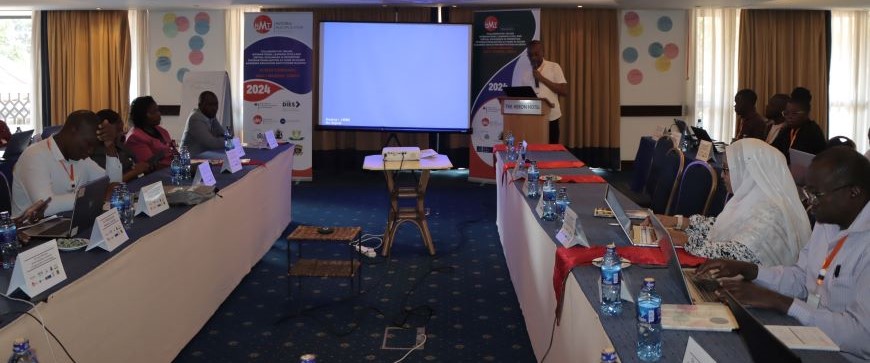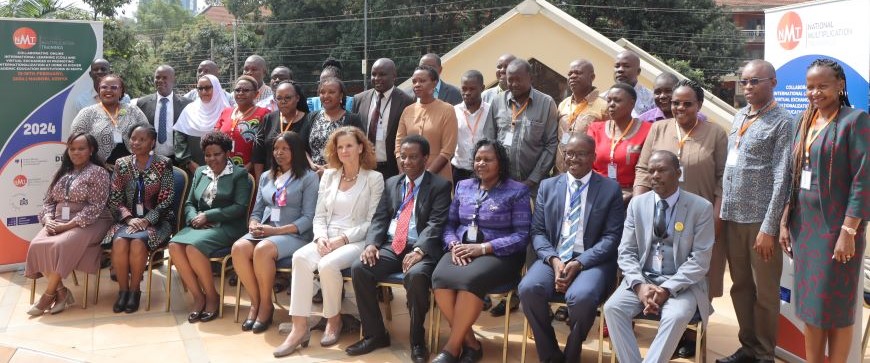

The Role of Collaborative Online International Learning (COIL) and Virtual Exchanges in Promoting Internationalisation at Home in Higher Academic Institutions in Kenya
About the training
This training workshop provided an in-depth application of Collaborative Online International Learning (COIL). It illustrated how virtual exchange can enable geographically distant students and staff to team up and develop core competencies and skills required for internationalisation. The workshops offered an opportunity to explore the possibilities of combining the lessons learned in online education and international cooperation. We took a closer look at online international collaboration with a special focus on what it entails, and how it is done through reviewing the implementation of online projects and looking at some practical examples in Higher Education Institutions (HEIs) in Kenya. Specifically, the training was geared towards:
1. Enhancing the capacity of participants to understand the concept of internationalization at home in the Kenyan higher education context.
2. Streamlining internationalization activities in teaching and learning, research and outreach programs
3. Providing participants with knowledge on how to implement internationalization at home programs
4. Enabling the participants to critically apply and appreciate hands-on COIL and virtual exchange workshop methodologies in their home institutions
5. Developing participants' capacity to learn and apply tangible education technological tools to enable internationalization at home actions.
6. Developing and implementing the pedagogical concepts of COIL as a method of internationalization of the curriculum
7. Developing and implementing change projects for enhancement of virtual exchanges and COIL projects for internationalization at home institutions/departments.
Expected learning outcomes
1. Development of a full understanding of Internationalization at Home in the Kenyan higher education context.
2. Enhancement of COIL and virtual exchange competencies in the promotion of internationalization at home
3. Development of tangible educational technological tools to enable Internationalization at home actions.
4. Development of personal and institutional-based pedagogical concepts of COIL as a method of internationalization of the curriculum
5. Gaining experience and learning lessons on internationalization from various universities in the region shared by the local experts
6. Identification of areas of action/change and strategies to enhance internationalization at home at faculty and departmental level.
7. Development of Individual change projects (ICP) to be implemented at home institutions
8. Sustaining DIES National Multiplication Training regionally and internationally beyond the NMT 2023/2024 project.
Target group
The training had 20 participants in total, mainly heads and chairs of departments (HoDs/CoDs). CoDs are mandated to design and ensure the implementation of curricula. It is envisaged that the internationalization of collaborative teaching and learning can be mainstreamed in all academic programs. Other key participants included directors of international linkages and programs, coordinators of international offices or individuals who are responsible for coordinating international collaborations.
Training dates
- Workshop I: 13th to 16th February 2024
- Workshop II: 11th to 14th June 2024
Training committee

Ezekiel Onyonka Mecha

Florence Indede

Ann Kirugumi

